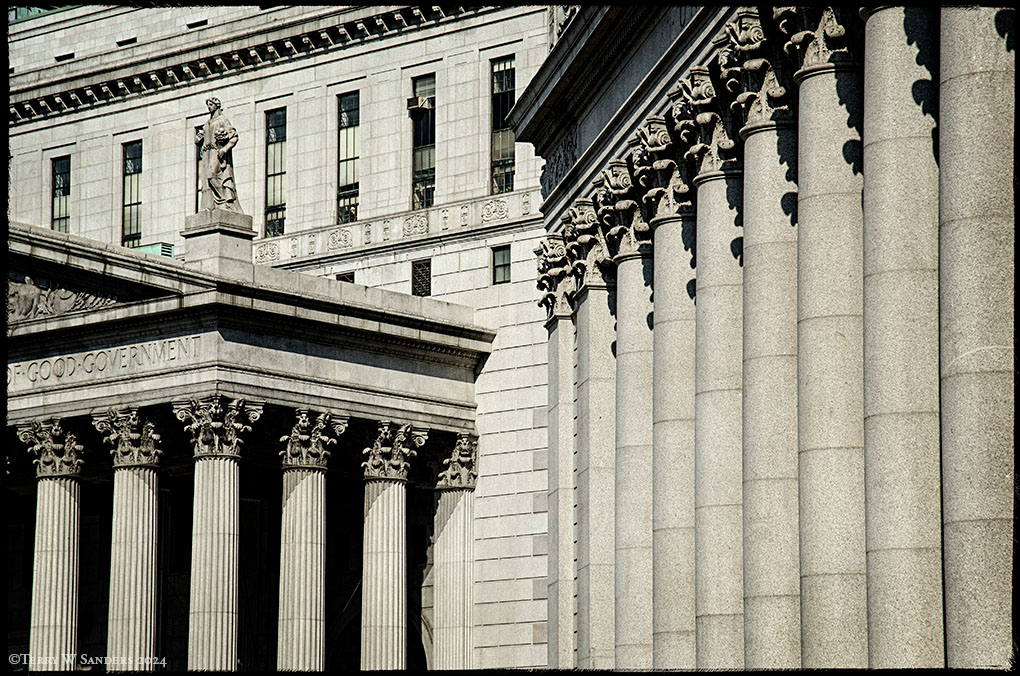The U.S. Supreme Court’s recent decision to narrow the application of the Sarbanes-Oxley Act’s obstruction statute marks a significant shift with potential implications for former President Donald Trump and hundreds of January 6 defendants. In a 6-3 ruling, the justices sided with Joseph Fischer, a former police officer charged with obstructing Congress’s certification of President Joe Biden’s election victory.
Fischer’s case, like many others stemming from the Capitol riot, hinges on the interpretation of 18 U.S. Code 1512. This statute, part of the 2002 Sarbanes-Oxley Act, was originally intended to address tampering with physical evidence. The Supreme Court concluded that its broad application to cover actions like those on January 6 was beyond its intended scope. Chief Justice John Roberts, writing for the majority, emphasized, “Courts must exercise their independent judgment in deciding whether an agency has acted within its statutory authority.”
This ruling is a setback for the U.S. Justice Department, which has used the statute to charge numerous January 6 participants, including Trump. Special Counsel Jack Smith has charged Trump with corruptly obstructing an official proceeding and conspiring to do so. The Supreme Court’s decision now forces lower courts to reconsider the application of these charges under a narrower interpretation.
While Fischer’s obstruction charge might be dismissed, he still faces serious accusations, including assaulting police officers and entering restricted buildings. Similarly, Trump’s broader conduct and multiple charges mean the overall impact of this ruling on his legal battles remains uncertain. As prosecutors noted, even if Fischer prevails, Trump’s actions might still fall under the narrowed statute.












